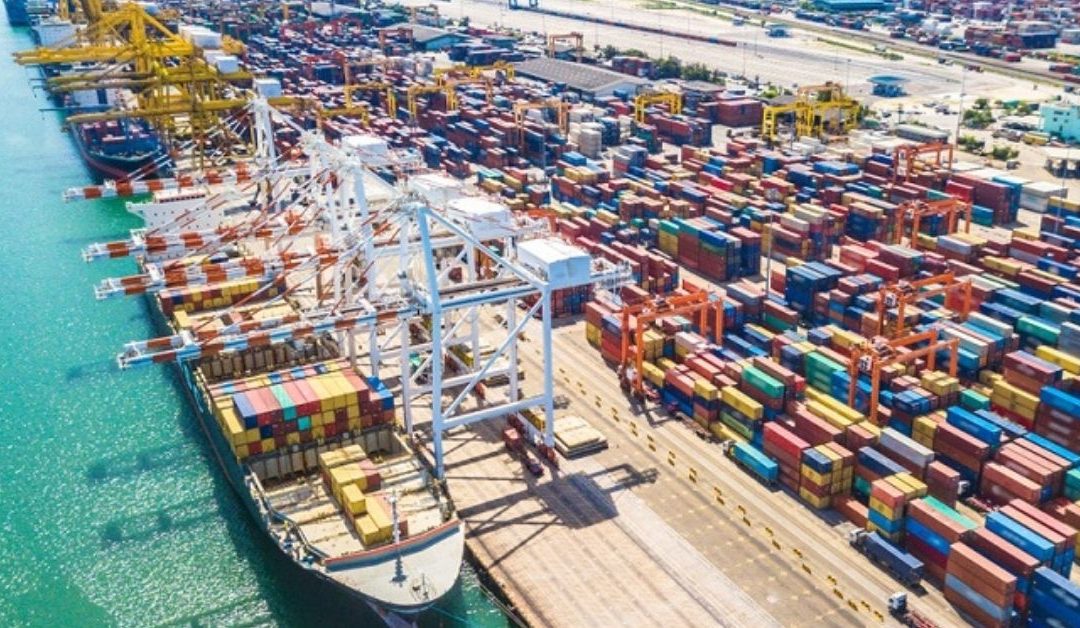Union locals that represent dockworkers at 36 ports from Maine to Texas have opened contract talks with employers well ahead of the current multiyear agreement’s expiration next year.
Maritime-industry officials say the early start to negotiations is a signal that both sides are eager to get a new contract amid a period of strained labor-management relations across industries, including at U.S. West Coast ports that compete for shipping trade.
”We’re not doing this for practice, so the intention is to get it done,” said John Nardi, president of the Shipping Association of New York and New Jersey, which represents ocean carriers and terminal operators at the East Coast’s busiest port.
The International Longshoremen’s Association, which represents East Coast and Gulf Coast dockworkers, in September asked its locals to open talks with regional employer groups, said James McNamara, an ILA spokesman.
Mr. McNamara said the aim was to resolve or identify local issues by the middle of February so that the ILA can move on to negotiating a master agreement with the United States Maritime Alliance, which represents ocean carriers and terminal operators across Gulf Coast and East Coast ports. The current contract expires Sept. 30, 2024.
Negotiations on the West Coast have been stalled since midsummer and members of the International Longshore and Warehouse Union have been working without a contract since then. The dockworkers and employers couldn’t agree on an extension of their previous contract so provisions against job actions during the negotiations lapsed.
Importers wary of potential work slowdowns or a strike at the key gateways for Asia trade have pushed more inbound goods to East and Gulf Coast ports since then.
Hopes for a speedy conclusion to the West Coast talks faded in the fall as the union and port employers hit a logjam over regional issues that have delayed discussion of major contract provisions such as wages and automation.
A spokesman for the Pacific Maritime Association, which represents carriers and terminal operators on the West Coast, declined to comment. Willie Adams, president of the ILWU, said, “We continue to negotiate on the West Coast for our next contract with working conditions and the good of the U.S. economy at the forefront of our minds.”
The uncertainty over worker-employer relations on the West Coast contributed to double-digit declines in import volumes toward the end of last year at the ports of Los Angeles and Long Beach, historically the nation’s busiest container ports.
During the same period, the Port of New York and New Jersey, for a few brief months held the title of the busiest port in the country. The Port of Houston and Georgia’s Port of Savannah have also benefited from freight diversions away from the West Coast.
The West Coast labor talks have significant hurdles to overcome once the two sides resolve their regional disagreements, according to shipping industry officials. The ILWU has concerns about the use of fully-automated machinery, which has already been introduced at some ports because of prior contract agreements.
Shipping industry officials say the talks covering Gulf Coast and East Coast ports face fewer stumbling blocks. The ILA has fiercely opposed the use of fully-automated equipment at ports covered by its contract.
The ILA master agreement covers wages, healthcare and labor issues, such as worker productivity.
Source: Hellenic Shipping News






